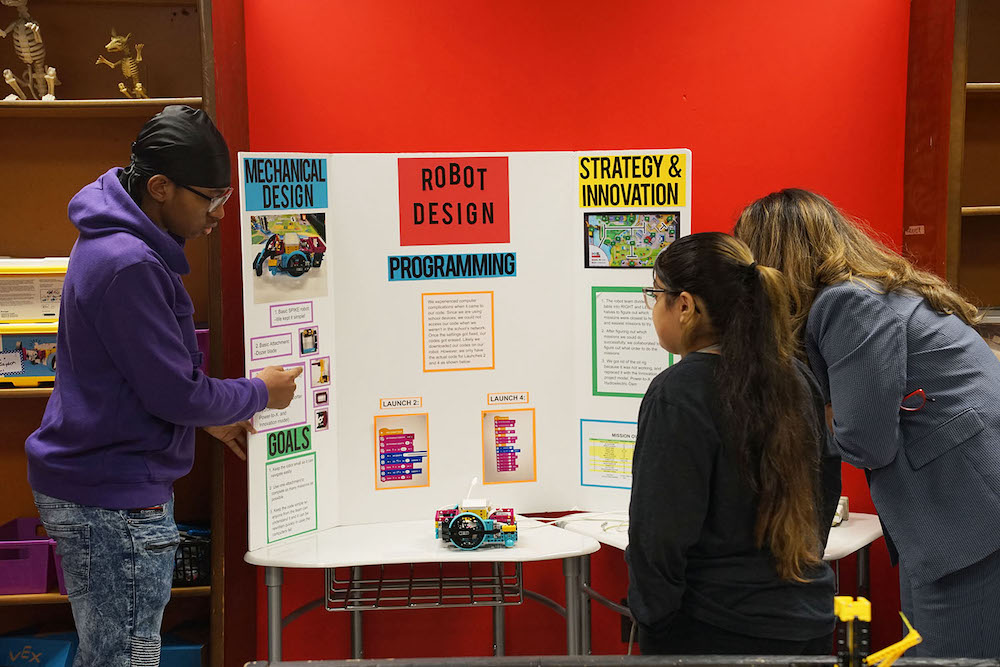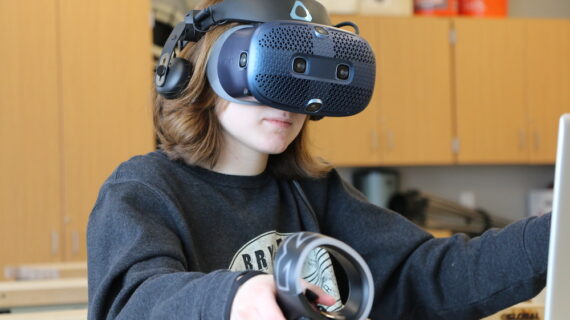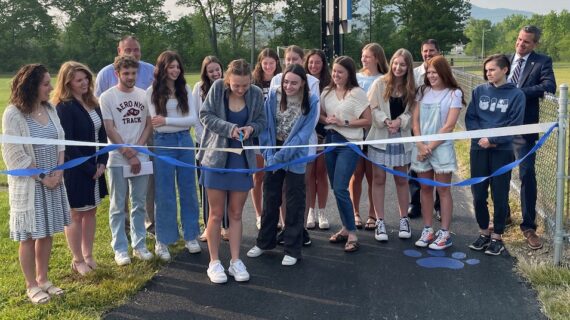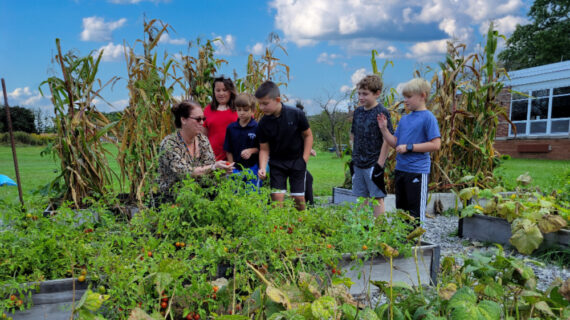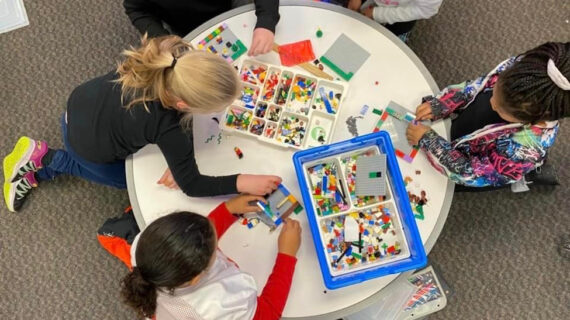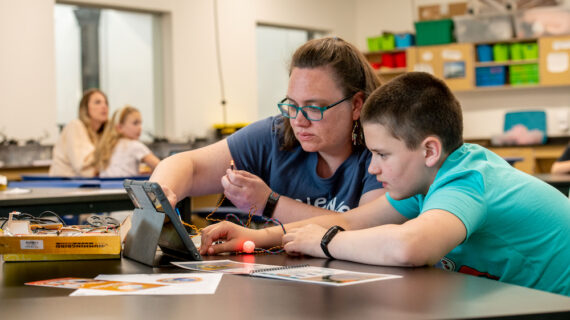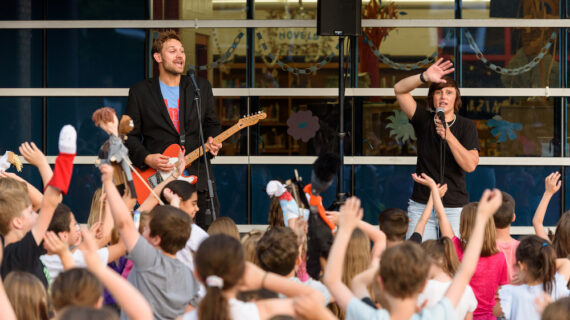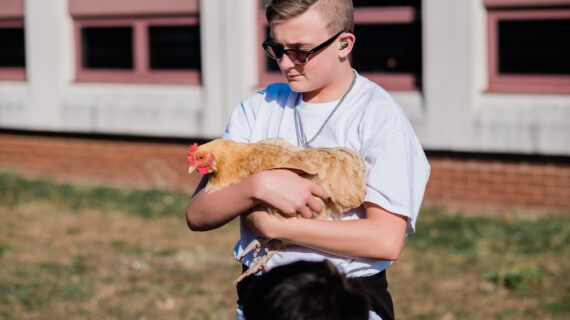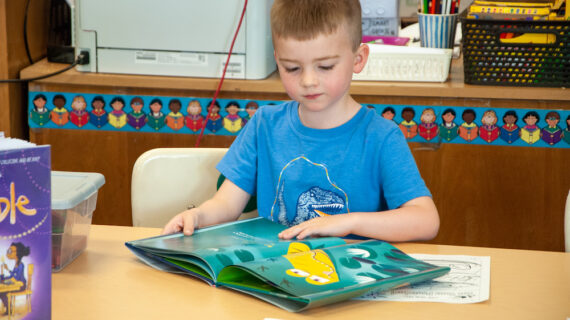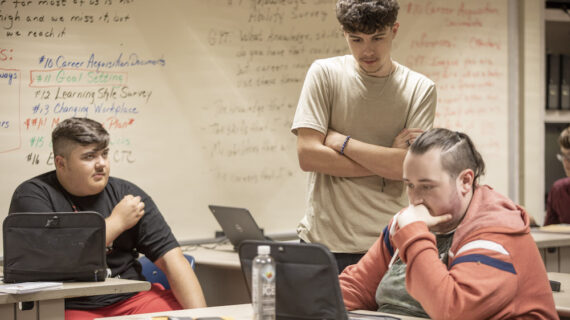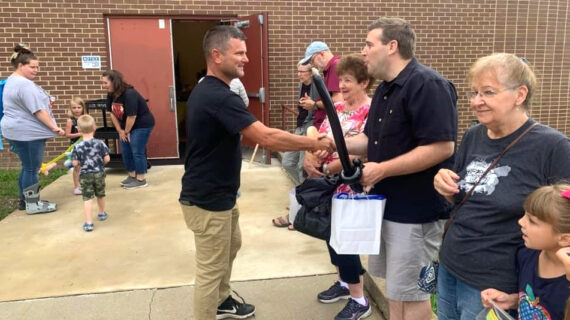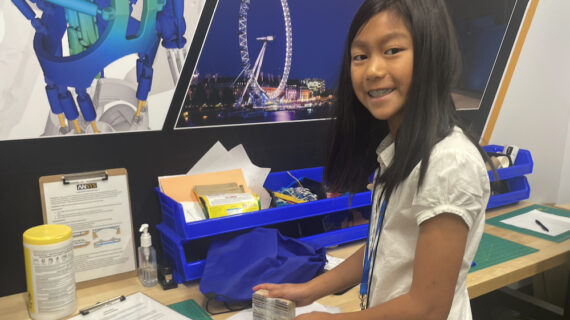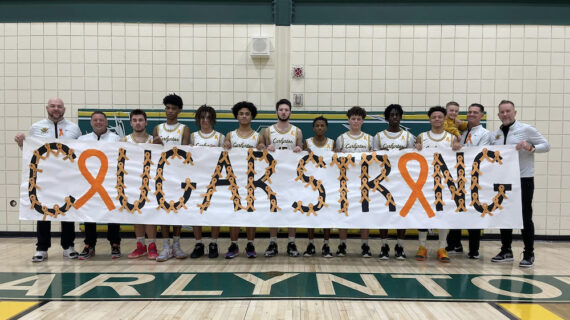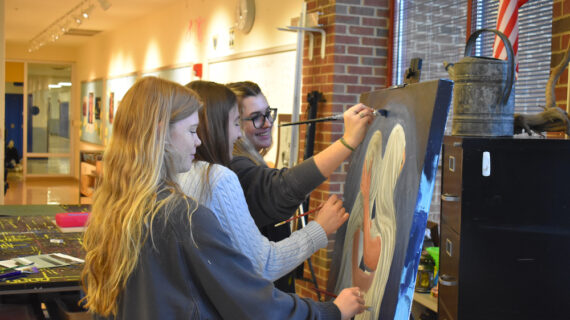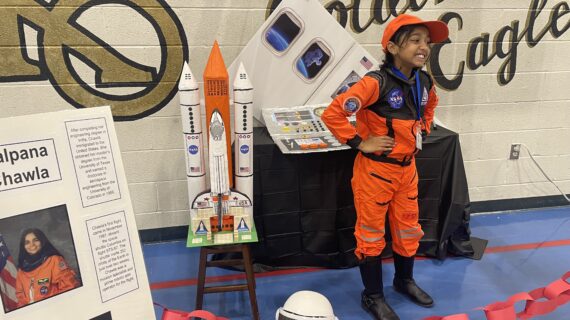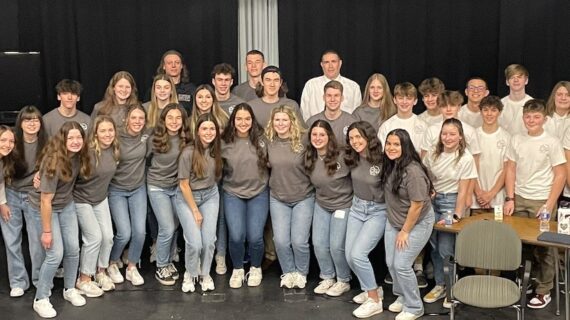
‘I Almost Can’t Believe It’: Defying expectations and proving what’s possible in the Duquesne City School District
This story is one in a series created in collaboration with the AASA Learning 2025 Alliance to celebrate the work of groundbreaking school districts in the Pittsburgh region. Kidsburgh will share these stories throughout 2023.
For assistant principal George Little of the Duquesne City School District, the daily work is personal.
“This is my alma mater,” Little explains. “My parents went to these schools. My grandparents went to these schools. I know the families we’re serving today, because I grew up with them. I went to school with them.”
But by the time Little graduated in 2005, his district — long a source of civic pride — had been hit by seemingly insurmountable challenges. The collapse of the steel industry devastated Duquesne’s economy, sending families fleeing and median incomes plummeting.
Nestled in Pittsburgh’s Monongahela Valley, the two-square-mile school district began to contract: In 2007, Little’s high school closed its doors. In 2012, the middle school followed suit. Kids could remain in Duquesne City’s schools until the sixth grade; after that, they’d be bussed to other districts.
“When those schools were taken, a sense of pride and family and community went right along with them,” says Little. “Fortunately, that’s not the end of our story.”
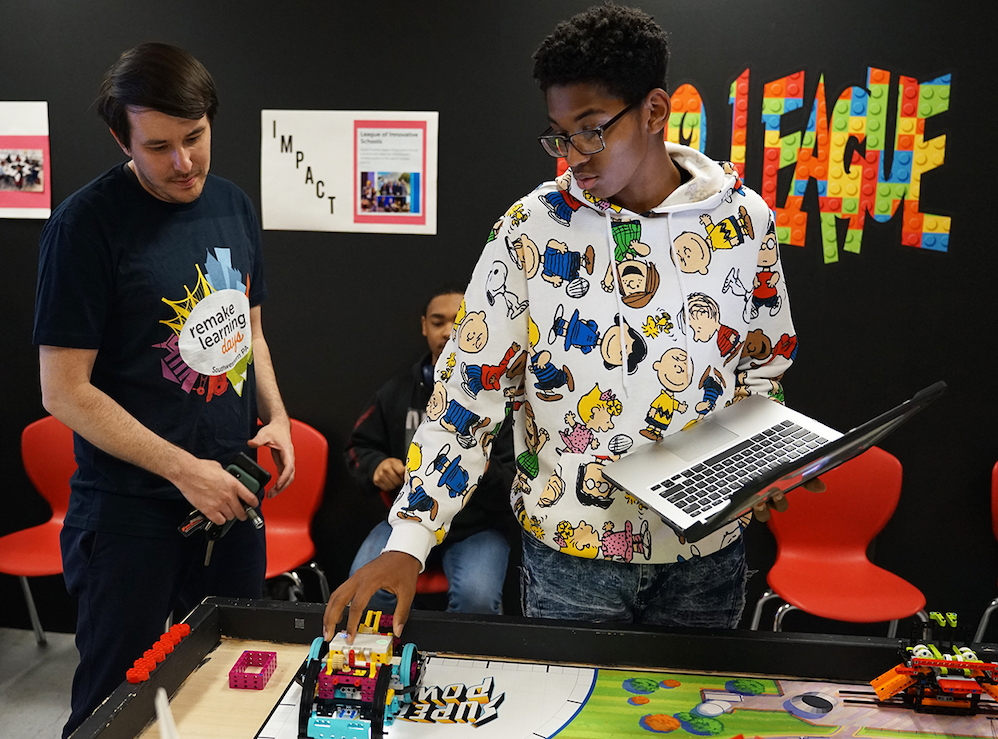
With its tax base decimated, Little and his colleagues sought support elsewhere. To date, the district has secured more than $14 million in grants, catalyzing one of the most remarkable turnarounds the region has ever seen.
“We have so many resources here,” says Sue Mariani, Duquesne City’s superintendent. “Some of that is grant money, but mostly, it’s people: We have educators who believe in our kids, families who believe in our district, and people who partner with us because they believe in what we’re doing.”
As a result, the district once written off as a casualty of the steel industry is now a case study in education innovation.
In addition to offering programs typically found in more-affluent districts — think after-school esports, a competitive robotics team, high-tech makerspaces, and more — Duquesne City has implemented a multi-tiered approach to social and emotional well-being. At least once a week, every student receives mental health support, with more intensive programming available for learners who need it. The goal, says Mariani, is to offer nothing less than what Duquesne City’s students deserve.
It’s one reason Duquesne joined the Western Pennsylvania Learning 2025 Alliance, a regional cohort of school districts working together — and with peers across the country — to create student-centered, equity-focused, future-driven schools that prepare every learner for tomorrow. Led by local superintendents and AASA, The School Superintendents Association, the Alliance convenes for workshops, networking opportunities, and professional development that helps districts like Duquesne City do what they do best: build partnerships that benefit kids.
Thanks in part to the Alliance, Duquesne City is one of four school districts bringing World of Work to western Pennsylvania. First developed by the Cajon Valley School District near San Diego, World of Work helps students discover their unique strengths and skill sets. Equipped with newfound self-knowledge, learners explore careers that match their interests through classroom projects, hands-on experiences, and visits from real-world professionals.
“We’re thrilled about that project,” says Mariani. “Not only does [World of Work] help students imagine themselves beyond the 15110 ZIP code, it will also help parents consider new and promising career paths. We’re especially excited about that.”
The excitement has proven contagious. Amid a nationwide wave of chronic absenteeism, Duquesne City’s attendance averages more than 90 percent — a figure that held through even the worst of COVID-19. Meanwhile, a growing number of educators want to be part of the district. “We have seven brand-new teachers, and all of them came to us, saying, ‘I don’t know what you’re doing, but I want to be part of it,’” says Mariani. “Trust me: it wasn’t always like that.”
The district’s momentum even extends to enrollment. In 2021, the Duquesne City School District reopened its seventh grade. In 2022, its eighth grade returned, too. The district’s band is back, along with its chorus, its storied athletics programs, and — according to Principal Eric Harper — a renewed sense of civic and community pride. “Our families belong to a school district that’s doing so many great things and bringing in so many different resources,” he says. “They’re proud of that. We’re all proud of that.”
And district officials won’t stop there. “We’re going to bring back the high school,” says Mariani. “That’s the long-term dream. That’s why I love working with the Alliance: We can learn from the best of the best while putting together a plan to make our district whole and hopefully heal our community.”
For some Duquesne alums, that healing has already begun.
“We see so much excitement around Duquesne’s resurgence,” says George Little. “Families want to know about our makerspaces. They want to come see our classrooms. To see our schools coming back touches something emotional in the community.”
And it touches something emotional in him. When Little considers everything his district has done, “I almost can’t believe it,” he says.
“I’m speechless.”
Want to download this story? Click here for a PDF.
